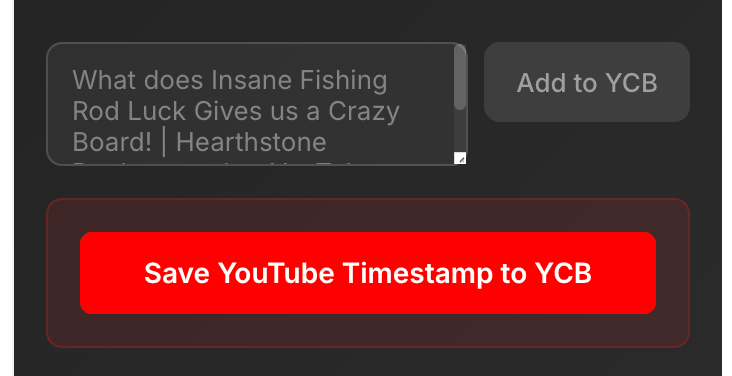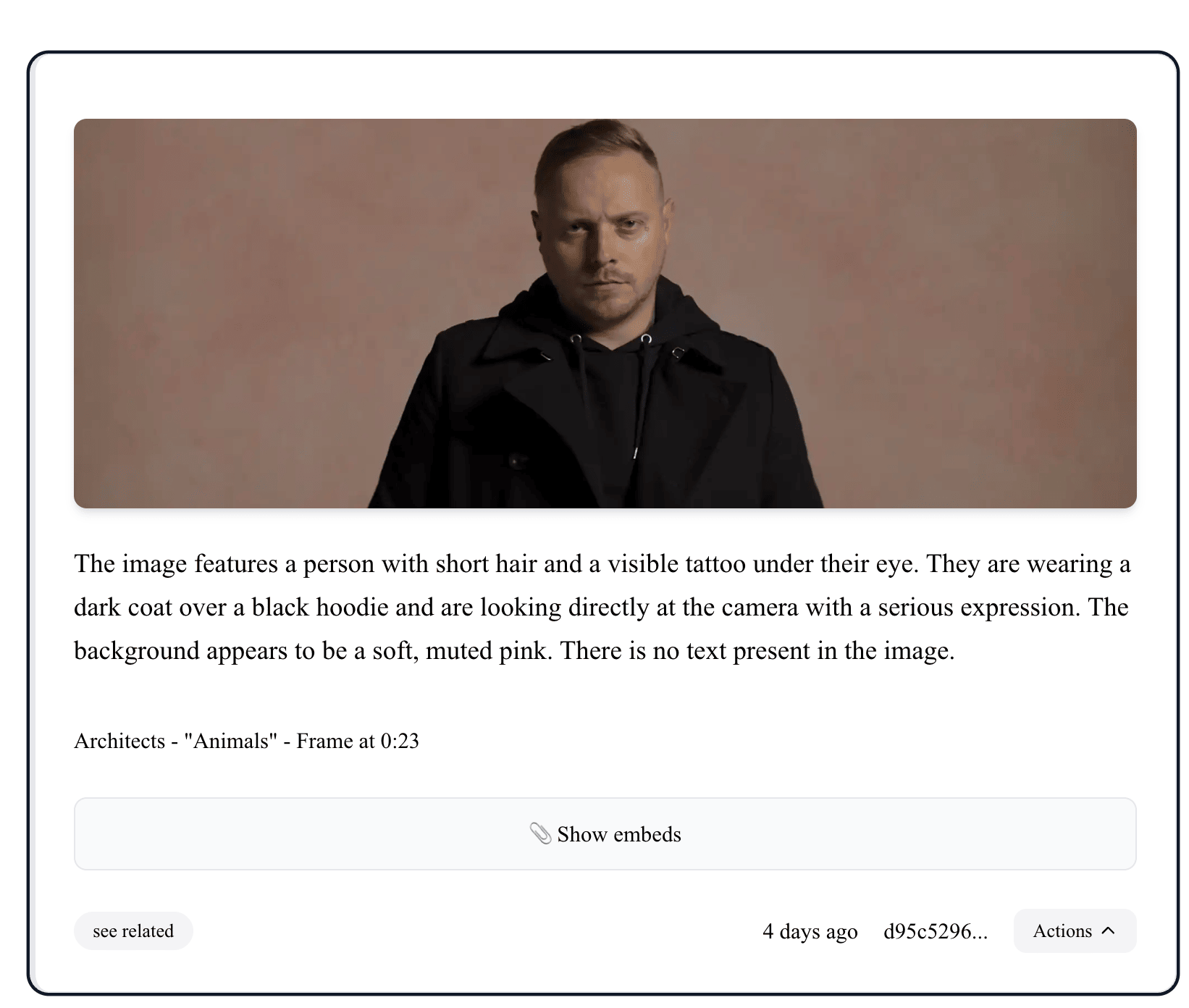- Your Commonbase Weekly
- Posts
- The Pursuit of "Better than Random"
The Pursuit of "Better than Random"
Mortality is too impatient a sieve for randomness to work

Synthesize [Mini Essay]
At its root, useful knowledge can be defined as the non random acquisition of information in pursuit of a goal.
Because resources are finite (though permutations of information may or may not be), the task of the agent (you) is to narrow the space of options to preserve time and energy towards the achievement of a goal.
Mortality is too impatient a sieve for randomness to work.
This effort means that a key aspect of knowledge itself is curation — choosing the right option from a sea of options. Curation is both a mark of your mortality and a mark of your living forcefulness in the waves of entropy. Choices must be made.
To become a skilled curator is more than just having good taste. Curation is the ability to consistently notice subtle signals in a universe filled with noise. Mastery is embedded within the minutiae. Those we see as exceptionally skilled have a second nature for their craft, so much so that they seem to be merged with it. They are distilling at a depth unavailable to the novice, and that is their advantage, that is how they create the impossible.
The bad news is that our world of information is becoming noisier, and each passing season we curate less and less without distraction, or rather, our computers do all the curation for us. The good news is that the curator eye is trainable, and this is not a permanent state of affairs.
Those who notice, pay attention.
Sticking with the curation theme, here are a few store centric updates:
Batch Save Youtube Liked Videos and Instagram Saved Posts
The Chrome extension can now upload multiple entries at a time with a click of a button. Scraping is more of an art than a science, so it doesn’t work every time, but it’s a great way to backfill liked content from your archive into YCB.


Save Youtube Timestamps
Assuming that a video is 10 minutes log at 30 FPS, there are 18,000 frames in that video. And if a picture is indeed worth 1000 words, we are looking at 180,000 data points! The new “Save Youtube timestamp to YCB” feature in the Chrome Extension captures exact frames and keeps the timestamp in the metadata for future reference.



… - Frame at 0:23 opens the video at t=23
Store [Citations]
The Enlightenment (The beginning of) a way of pursuing knowledge with a tradition of criticism and seeking good explanations instead of reliance on authority.
A finite game does not have its own time. It exists in a world’s time. An audience allows players only so much time to win their titles. Early in a game time seems abundant, and there appears a greater freedom to develop future strategies. Late in a game, time is rapidly being consumed. As choices become more limited they become more important. Errors are more disastrous. We look on childhood and youth as those “times of life” rich with possibility only because there still seem to remain so many paths open to a successful outcome. Each year that passes, however, increases the competitive value of making strategically correct decisions. The errors of childhood can be more easily amended than those of adulthood. For the finite player in us freedom is a function of time. We must have time to be free.
You don’t have access to the audience if the audience can’t find you, and nobody can search for you unless they know that you exist. For artists, the more noise there is in the system, the more valuable become the players who can cut through it, which mean the major corporations, old and new, of the culture industry. For the audience, the more valuable become the players who can filter it, who perform the work of “curation,” of selecting and sorting. Whatever we’d prefer to think, the gatekeepers are not dead (a curator is just a gatekeeper that you happen to like), nor is it possible to imagine how they ever could be. They have, however, multiplied. Every time somebody sets up a new opportunity—a new comedy club, a new reading series, a new podcast about music, a new website for the visual arts—they create a new gate, and they appoint themselves the gatekeeper. And the more of those there are—the more venues, the more platforms, the more entry points—the more important the most prominent ones become: the leading biennials, now that there are hundreds; the major film festivals, now that there are thousands; the most prestigious MFA programs, as they continue to proliferate; the most listened-to Spotify playlists; the landing page on Netflix; the “featured” lists on the crowdfunding sites. Getting into them or onto them—gaining access, as it were, to access—becomes more important, as well. The gatekeepers keep people out, which is cruel, but now, as Mitchell Johnston, the director, told me, “people believe” they’re dead, which, for artists, “may be even more cruel.”
Best,
Bram